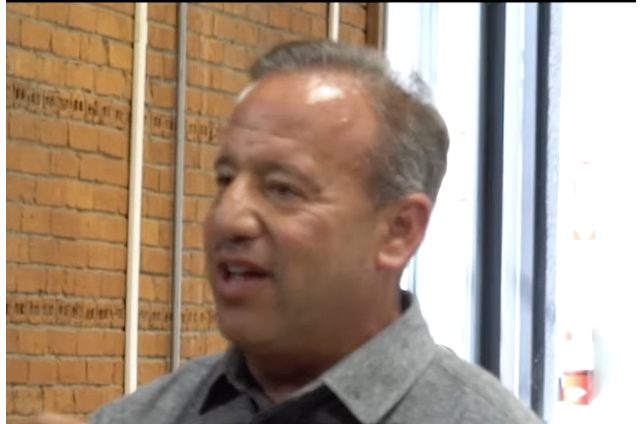The Old Mindset: Loss and Regret
At the time, I was devastated. I remember telling my wife, “I lost $985,000. I’m an idiot. I could have retired my mom.” The regret consumed me. I couldn’t stop thinking about what that money could have done for my family.
This is how most people think about investments and opportunities. We focus on:
- What we “lost” rather than what we learned
- What we “could have” done with the money
- How our decisions were “wrong” rather than just part of our journey
This perspective creates unnecessary suffering. It keeps us trapped in a cycle of regret and self-criticism that serves no productive purpose.
The Transformative Shift
Today, I see that situation entirely differently. I no longer believe in loss or sacrifice. Instead, I’ve adopted a mindset that has transformed my perspective on every investment and decision in my life.
When I look back at that investment now, I think: “I invested $60,000. My return wasn’t financial – it was educational.” I learned about my risk tolerance, the importance of having exit strategies, and how to make decisions without emotional attachment.
This shift applies to more than just financial investments. It works for relationships, time commitments, career moves, and virtually any decision where we might feel we “lost” something.
Moving Beyond “Could Have, Should Have, Would Have”
The most powerful part of this mindset shift is eliminating the “could have, should have, would have” thinking that plagues so many of us. When I told myself “I could have retired my mom,” I was creating a narrative that only served to make me feel worse.
Now I understand that if retiring, my mom is truly important to me, I’ll make it happen when I have the means, without connecting it to past “losses.” I won’t make up stories about how I almost did something meaningful. Instead, I’ll focus on what I can do now and in the future.
This approach has three key benefits:
- It eliminates regret about past decisions
- It keeps us focused on present opportunities rather than past disappointments
- It puts us in control of our future actions instead of feeling like victims of our past choices
Reframing Your Perspective
The next time you face what feels like a loss or missed opportunity, try asking yourself: “What did I gain from this experience? What was my return on this investment of time, money, or energy?
Maybe you didn’t get the financial return you expected from a business venture, but you gained valuable connections. Perhaps a relationship didn’t last, but it taught you what you truly need in a partner. Or maybe a career move didn’t pan out as planned, but it led you to discover new strengths.
When we stop seeing life through the lens of loss and sacrifice, we free ourselves to appreciate the actual returns we receive, even when they’re different from what we anticipated.
This mindset has been transformative in my life and business dealings. It’s allowed me to move forward without the weight of perceived failures and missed opportunities. Instead of dwelling on what could have been, I focus on what is and what can be.
And that, I’ve found, is the true path to both success and peace of mind.
Frequently Asked Questions
Q: How can I stop regretting financial decisions I’ve made in the past?
Begin by reframing your perspective on those decisions. Instead of seeing them as mistakes or losses, consider what you gained from them – knowledge, experience, or a valuable lesson. Recognize that every decision was made with the information you had at the time, and use those insights to make better choices moving forward.
Q: What’s the difference between acknowledging a mistake and dwelling on a “loss”?
Acknowledging a mistake is about learning and growing – you recognize what happened, extract the lesson, and use it to improve. Dwelling on a loss keeps you stuck in regret and “what-ifs.” The key difference is that one moves you forward while the other keeps you anchored to the past.
Q: How do you balance being optimistic about investments while still protecting yourself from significant losses?
Utilize practical risk management strategies, such as stop-losses (as I did), while maintaining an optimistic outlook. The optimism helps you see opportunities, while the risk management protects your capital. Remember that even when things don’t go as planned financially, you can still gain valuable knowledge that will serve you in future investments.
Q: Is it really possible to completely eliminate the feeling of regret over missed opportunities?
While it’s natural to feel twinges of regret occasionally, you can significantly reduce its impact by consistently practicing this mindset shift. When those feelings arise, immediately redirect your thinking to what you gained and what you can do now, rather than what might have been. Over time, this becomes your default response.
Q: How can I apply this mindset to non-financial aspects of my life?
This approach works for any situation where you might feel you “lost” something – time, relationships, career opportunities, etc. For example, instead of viewing an ended relationship as time wasted, recognize what you learned about yourself and what you need in a partner. For career setbacks, identify the skills and insights you gained that make you more valuable in your next role.







